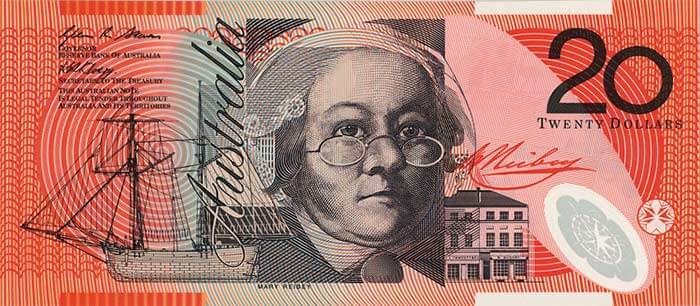As always, I find myself drawn to stories of women who should be more honored in history than they are. I just finished preparing a lecture for later in the year on the convict women sent by the British government to Australia, and I am feeling more than my usual pride in my gender right now. These girls and women, some as young as twelve, were transported after first convictions, in many cases, and almost always for petty crimes, whereas the men who were sent were generally repeat offenders of far more serious crimes. This only makes sense when you know the whole troubling story.
The men the British authorities most wanted to get rid of were the hardened criminals. Makes sense. The convicted girls and women were another matter, since they were still what any penal formula might consider salvageable. Why not just let them serve their time and get on with their lives? It’s partly because at the time even petty crimes were deemed worthy of capital punishment, and it was hard to fathom how that much legalized government killing would have squared with the British people’s sense of their basic decency. So these girls and women needed to be sentenced to death, then have the sentences commuted to transportation either for seven years or life, depending on the case. If they died of disease or neglect, at least no one had to witness them dangling at the end of a rope.
Not a single woman was sent for prostitution for the simple reason that prostitution was not a crime. Rather, they were sent for stealing a silver spoon, or a lace collar, because the few pennies to be gotten from pawning these were often all that stood between themselves (and in some cases their children) and starvation. And yet, the stories that are focused on are of the “floating brothels” they sailed on, or the criminal acts of some women who formed “flash mobs” in the colony as a means of rebellion. These first arrivals to Australia were bad women. Bad. Bad. All of them. Or so it would seem…
It appears that the one redeeming characteristic they possessed, in the eyes of British officials, was their wombs. Convenient, it was, to send young pickpockets and thieving kitchen maids off to where their nether regions could make them useful either to populate the colony or serve its sexual needs.
It is genuinely cringeworthy to hear how the pretty ones were auctioned off to be house servants (with benefits—to the master at least), or if they weren’t so “lucky,”sent into what amounted to slavery in what were (sort of) euphemistically callled female factories.
Some women were quickly swallowed up by this inhumanity, but others prevailed and even thrived. They are the nation’s founding mothers as well as some of the first successful business owners, ranchers, and more.
One of them, Mary Reibey, went on after serving her sentence to found the first bank in New South Wales, and is pictured on the Australian twenty-dollar bill. I am feeling a familiar buoyant pride in the great honor it is to share a gender with these souls who echo Maya Angelou’s great words, “Still I Rise.” I will lecture in their honor. I can’t wait!

